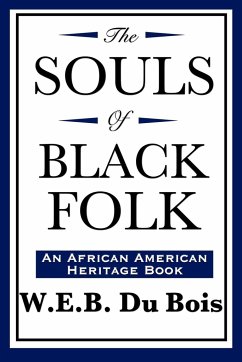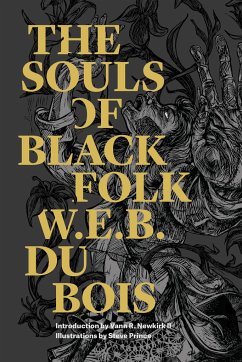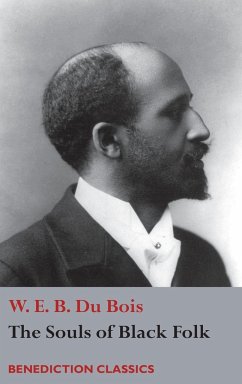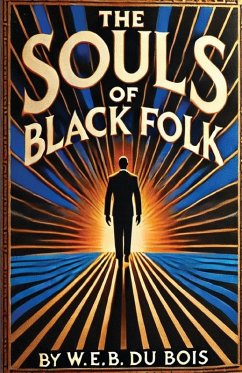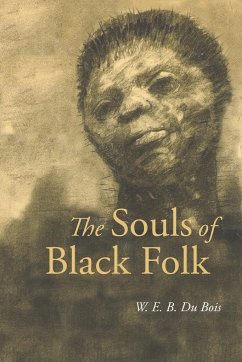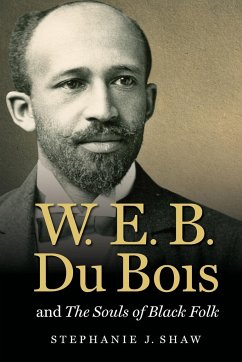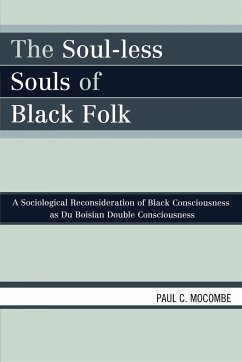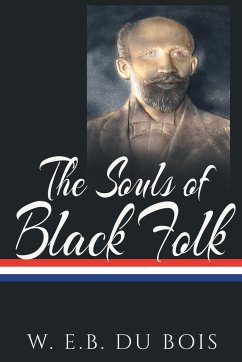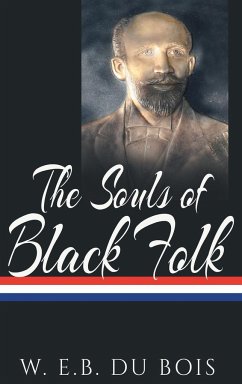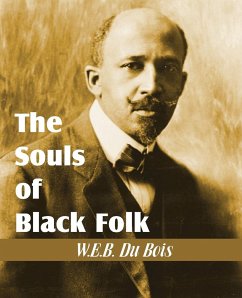
The Souls of Black Folk
Versandkostenfrei!
Versandfertig in 1-2 Wochen
12,99 €
inkl. MwSt.

PAYBACK Punkte
6 °P sammeln!
The Souls of Black Folk is a pivotal collection of the history of sociology and African-American literary history and contains a number of groundbreaking essays on race and race relations by scholar and activist W.E.B. DuBois. An early work in the field of sociology, The Souls of Black Folk analyzes the interactions between the races and offers a solution for the strife and inequality that had come to characterize those interactions. Du Bois' work reveals the way in which America was reconstructing and redefining itself as a country and culture in the wake of the Civil War. American writer, ci...
The Souls of Black Folk is a pivotal collection of the history of sociology and African-American literary history and contains a number of groundbreaking essays on race and race relations by scholar and activist W.E.B. DuBois. An early work in the field of sociology, The Souls of Black Folk analyzes the interactions between the races and offers a solution for the strife and inequality that had come to characterize those interactions. Du Bois' work reveals the way in which America was reconstructing and redefining itself as a country and culture in the wake of the Civil War. American writer, civil rights activist, and scholar W.E.B. DuBois was a free-born African American in Great Barrington, Massachusetts, was the first black man to receive a PhD from Harvard University and was convinced that education was the means for African Americans to achieve equality. He wrote a number of important books, including The Philadelphia Negro, Black Folk, Then and Now, and The Negro.



